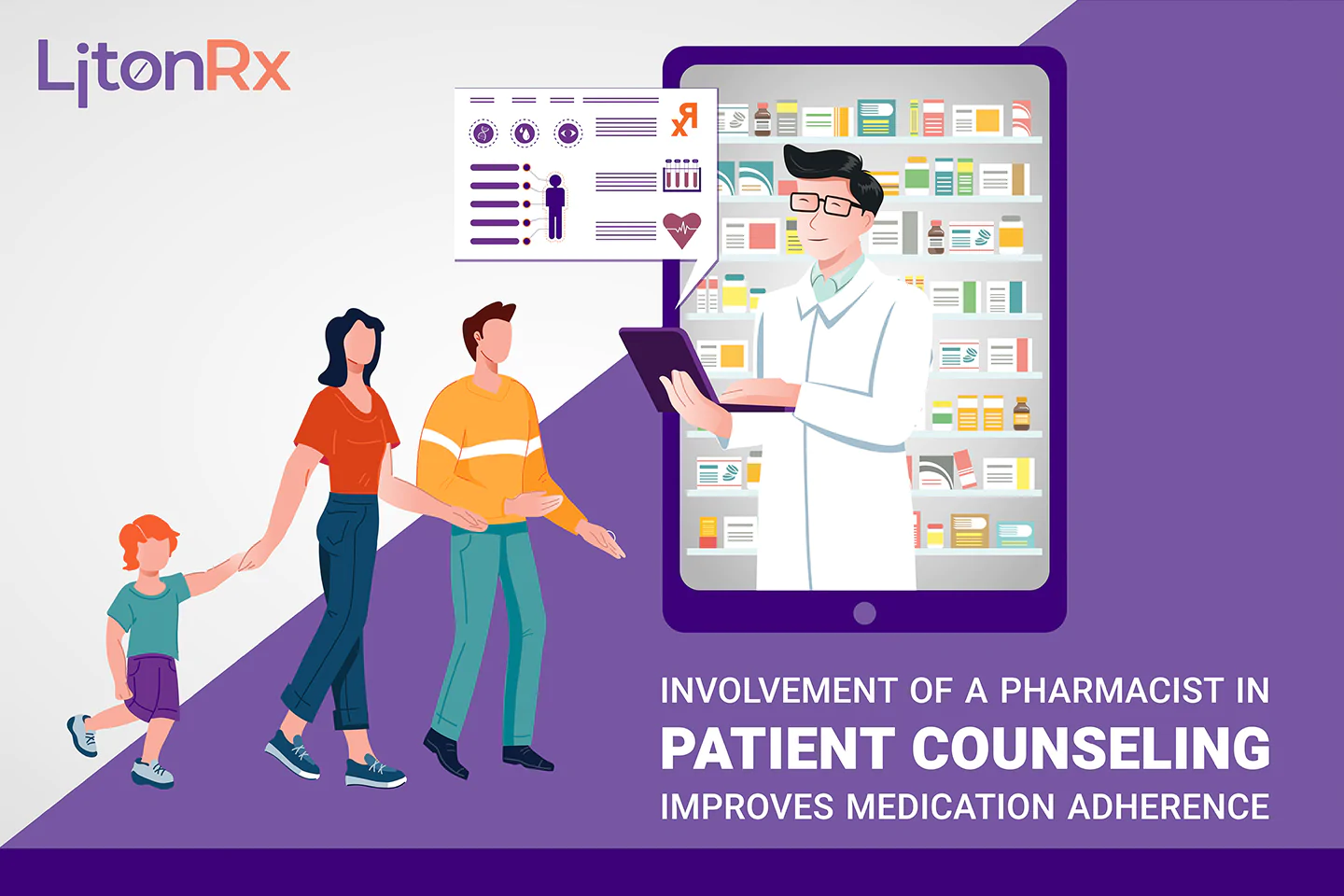There is a specific view of pharmacy as a profession. Pharmacists are simply the people who fill prescriptions—the middleman between doctor, patient, and medication. Traditionally, they have little interaction with either party; they simply compound and provide what the doctor ordered.
Now, that role is shifting. Pharmacists are experiencing the winds of change in the form of pharmaceutical care—a movement that places more responsibility on the pharmacist to optimize drug therapy, improve medication adherence, and actively work to prevent or resolve problems associated with drugs.
In other words, a pharmacist’s job is no longer limited to filling prescriptions and handing medication to patients. Instead, their responsibilities extend far beyond dispensing pills.
The Expanded Role of Pharmacists
Becoming more involved in the welfare of their patients means that a more in-depth relationship between the two parties is necessary. This expanded role of pharmacists manifests itself in many ways.
For example, pharmacists are uniquely equipped to provide valuable education and resources related to specific medications, their interaction with other drugs, and the variety of effects they may have on a patient. This allows them to give the patient invaluable insight and ease any anxiety the patient may have. At the same time, the pharmacist should feel embolden to involve themselves in the development of a drug therapy plan by working directly with the doctor and patient.
Included in this process of relationship forming and more serious involvement are the responsibilities of assessing and monitoring the patient’s health. If a drug therapy strategy is not performing as expected, a pharmacist has the responsibility to assess the situation, evaluate why a particular outcome has occurred, and work with the doctor and patient to resolve the issue.
An integral piece of this pharmacist-patient relationship is communication. This can include anything from basic education about particular medications to more substantial conversations that include counseling the patient to address questions, ease anxieties, and express the importance of adhering to a drug therapy plan.
The Benefits of Pharmacist Involvement
Research has shown that the involvement of a pharmacist in assessing and monitoring a patient’s condition improves medication adherence, which is absolutely vital to the success of drug therapy and a patient’s overall wellbeing.
The importance of this increased medication adherence cannot be overstated. Failure to take prescribed medications has been proven to be costly and even dangerous. Health conditions worsen, hospital visits increased, and the possibility of death ticks upward.
By becoming more involved in the relationship between doctor and patient, pharmacists can help both parties succeed. Patients, especially, reap the benefits of increased pharmacist involvement, making this newfound commitment to developing meaningful relationships integral in the moment and invaluable going forward.
LitonRx
As an online pharmacy in Arizona, LitonRx provides customers with a wide range of prescription medications at affordable prices. We offer patients in Arizona access to a wide range of medications. Our mission is to provide free same day medicine delivery, excellent customer service and high-quality products for affordable prices.

